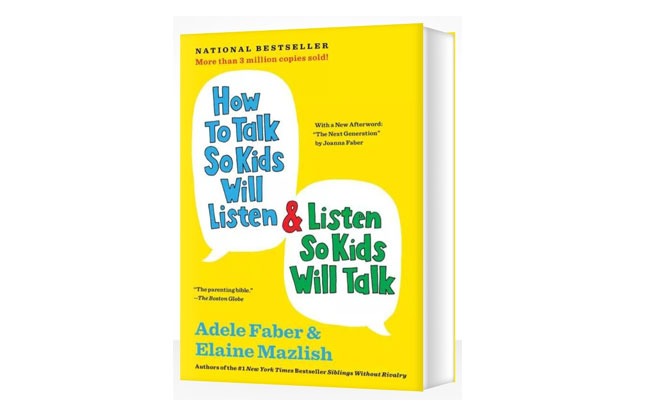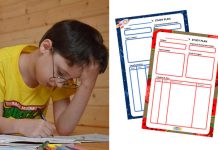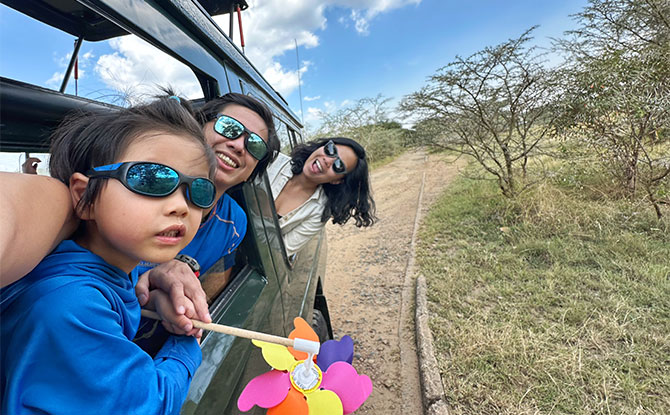
It is often challenging to find parenting books that are suitably prescriptive and practical. Perhaps one of the reasons why Adele Faber and Elaine Mazlish’s book “How to Talk so Kids will Listen, And How to Listen so Kids Will Talk” is an International Bestseller is that it is easy to digest with plenty of examples to follow. It focuses on interpersonal communication between parent and child, which isn’t always easy.
The Authors
The book’s authors are both mothers with 3 children and studied with late child psychologist Dr Haim Ginott. They are also former members of the faculty of The New School for Social Research in New York and The Family Institute of Long Island University.
Overview of “How To Talk So Kids Will Listen, And How To Listen So Kids Will Talk”
One might think it is easy to speak or listen to children. If it were that simple, parents wouldn’t need any guidance. As a parent, I too face issues, often struggling with managing my emotions, reactions and managing the children’s responses. I liked how the book addressed various scenarios – child in distress, how to engage instead of giving commands, encouraging independence and praising.
Many of it isn’t intuitive, at least to me. Perhaps it was due to the typical Asian upbringing where it was a highly authoritarian sort where “no room for questioning” and strict controls abound. I liked how there were plenty of examples of what to say, or even what not to say were shared using comics, anecdotes, and sharing from other parents. It was light reading that can be easily understood. As with every parenting advice, the hardest bit was to internalise it.
Year-end Holiday Camps: Discover Fun and Exciting Camps for Kids; Book Early
Dec Fun: Get the Best Ideas for the School Holidays
Themes
“How to Talk so Kids will Listen, And How to Listen so Kids will Talk” covers the issues we face with children between ages of 2 to 7 quite comprehensively. From helping them deal with feelings, cooperating, being independent, parents will learn how to cast their own prejudices and stereotypes aside and learn to respectfully communicate and listen to our children.
Specific advice that was repeated throughout the book included to acknowledge feelings, listen with full attention and describe instead of nagging. Keeping instructions short and clear, rather than using threats.
The book covers a broad range of difficulties parents may face and also addresses why children respond negatively to our good intentions which may not be well-communicated. Methods also give room to both the parent’s and child’s emotions, as well as encourages the child to come up with solutions rather than the parent “owning” the problem with solutions.
Personal Thoughts and Reflections
This book is one gem that ought to be a reference book for all parents. It contains very practical advice and equips everyone with words to use. (Also sometimes, we don’t even need to use words to communicate.) It reminds me of what I shouldn’t be doing and how not to overreact with the right words.
The chapters I found the most helpful were about praise, engaging cooperation and encouraging autonomy. Praise is not second nature to my parenting habits, but I am working on it. Since I have two primary school children cooperation and autonomy are aspects I find hardest to deal with. Learning how to communicate gently while maintaining a healthy relationship with the children is always a work in progress. While I wish I didn’t have to nag or yell, sometimes the challenges get the better of me.
Perhaps the hardest things to do – modelling the right behaviour and truly internalising what I’ve learnt. For now, it takes plenty of practice and real-life application. But the book definitely makes me want to be better at talking, listening and being a parent.
You can either borrow the e-book/audio book version from NLB or purchase your own copy here.



















